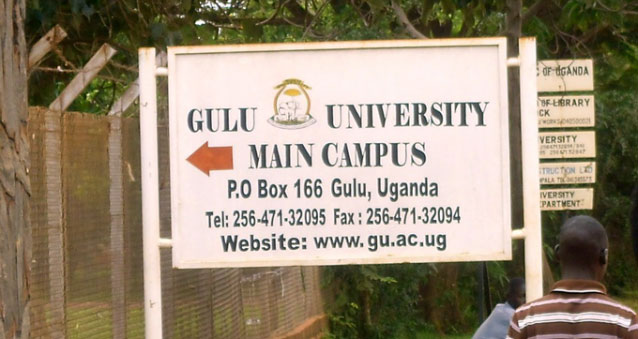
Gulu, Uganda | THE INDEPENDENT | Herbalists in the Acholi sub region have submitted 40 potential herbal remedies for COVID1-19 for basic scientific drugs tests.
The potential cures were last week handed to the Gulu University Pharm-Bio Technology Traditional Medicine Center (Pharmbiotrac) of Excellence, for basic testing.
According to Dr. Alice Veronica Lamwaka a senior lecturer at the Faculty of Bio-Technology and Pharmaceutical Studies, many of the concoctions have been used with varying results by more than 200 clients in northern Uganda, since COVID-19 was first reported in Uganda in March.
Dr. Lamwaka says the herbs will be tested for presence of active ingredients (phytochemicals) such as alkaloids or flavonoids, and they will try to find out which diseases each of these active ingredients can treat.
The tests also include knowing which extraction methods give the best results, and which part of particular plant; bark, flowers, leaves or roots, has more of the active ingredient required to treat the disease.
“We look at all the active ingredients in the herbs. Then we say of all these active ingredients, which can target this or that….or even COVID. Then we look at the extraction methods, do we use water, do we use the leaves, the stem, the roots?” she said.
Dr. Lamwaka however, says the university will not be able to subject the herbal remedies to the required clinical trials because the university lacks the funds to do the tests. She says if supported by government, they can do advanced research.
A clinical trial is a procedure designed by World Health Organization (WHO) to practically prove or show that a certain health remedy works.
Dr Lamwaka told URN in an interview on Friday that the herbs were not taken at the Natural Chemotherapeutics Research Center, NCRI, for studying and analysis, because Gulu University has a well-equipped laboratory to do the basic testing and analysis of the herbs.
In June 2020, herbalists all over the country submitted 300 herbal remedies to NCRI, for analysis.
However, Dr. Lamwaka says they could not submit theirs to NCRI, because most of the medicine submitted to NCRI are available in Acholi sub region, and have been used for years.
*****
URN
 The Independent Uganda: You get the Truth we Pay the Price
The Independent Uganda: You get the Truth we Pay the Price



